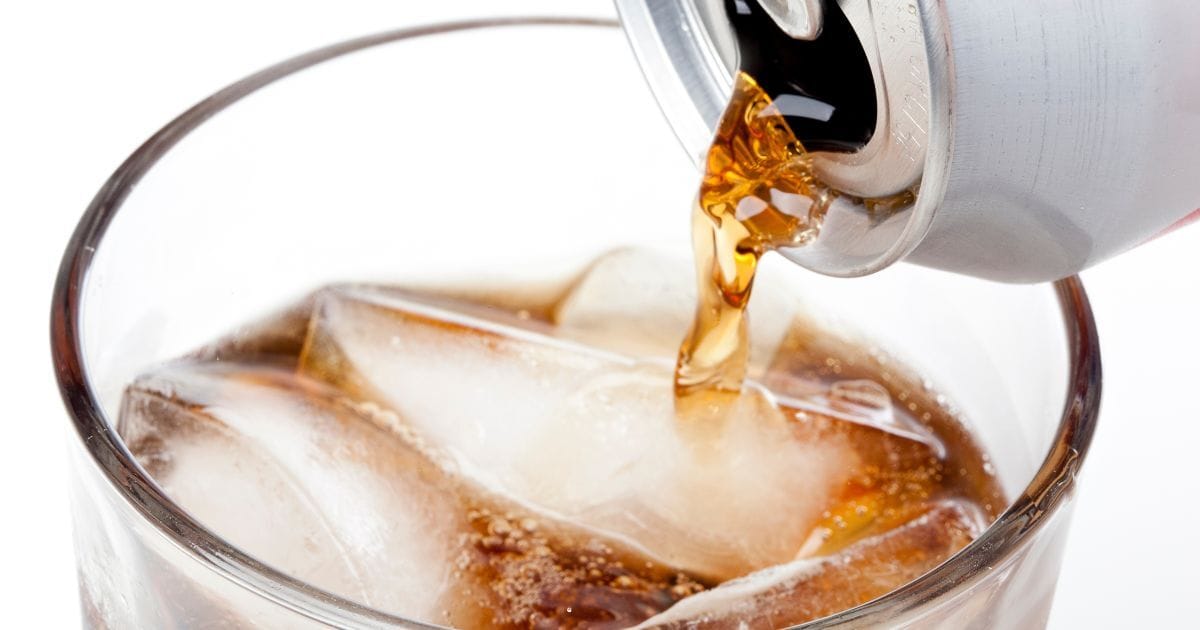People who reach for diet soda instead of the regular version may not be giving their liver a break.
A large new study presented at United European Gastroenterology (UEG) Week 2025 found that both sugary drinks and artificially sweetened beverages were linked to a higher risk of developing metabolic dysfunction-associated steatotic liver disease (MASLD), the condition once known as nonalcoholic fatty liver disease.
Researchers analyzed data from 123,788 adults in the UK Biobank who were free of liver disease at the start of the study. Over an average follow-up of just over 10 years, participants who drank more than about one can of soda or diet soda a day had a 50-60% higher risk of developing MASLD. Those who regularly drank artificially sweetened beverages also showed a greater risk of dying from liver-related causes.
“Sugar-sweetened beverages have long been under scrutiny, while their ‘diet’ alternatives are often seen as the healthier choice,” said Lihe Liu, the study’s lead author from the First Affiliated Hospital of Soochow University in China. “Both, however, are widely consumed and their effects on liver health have not been well understood.”
The findings suggest that neither option is benign.
“Our study shows that low- or non-sugar-sweetened beverages were actually linked to a higher risk of MASLD, even at modest intake levels such as a single can per day,” Liu said. “These findings challenge the common perception that these drinks are harmless and highlight the need to reconsider their role in diet and liver health.”
Researchers noted that both drink types may harm the liver through different pathways. Sugary drinks can spike blood glucose and insulin levels, promoting fat buildup in the liver. Artificially sweetened drinks may alter gut microbes, disrupt appetite regulation and even trigger insulin release, mechanisms that could stress liver metabolism over time.
The good news: choosing water instead made a difference. Replacing one daily serving of a sugary drink with water reduced liver disease risk by about 13%, while substituting water for a diet drink lowered risk by roughly 15%.
“The safest approach is to limit both sugar-sweetened and artificially sweetened drinks,” Liu said. “Water remains the best choice as it removes the metabolic burden and prevents fat accumulation in the liver, whilst hydrating the body.”
The study was conducted by researchers at the First Affiliated Hospital of Soochow University, China, and presented at UEG Week 2025 in Berlin.
